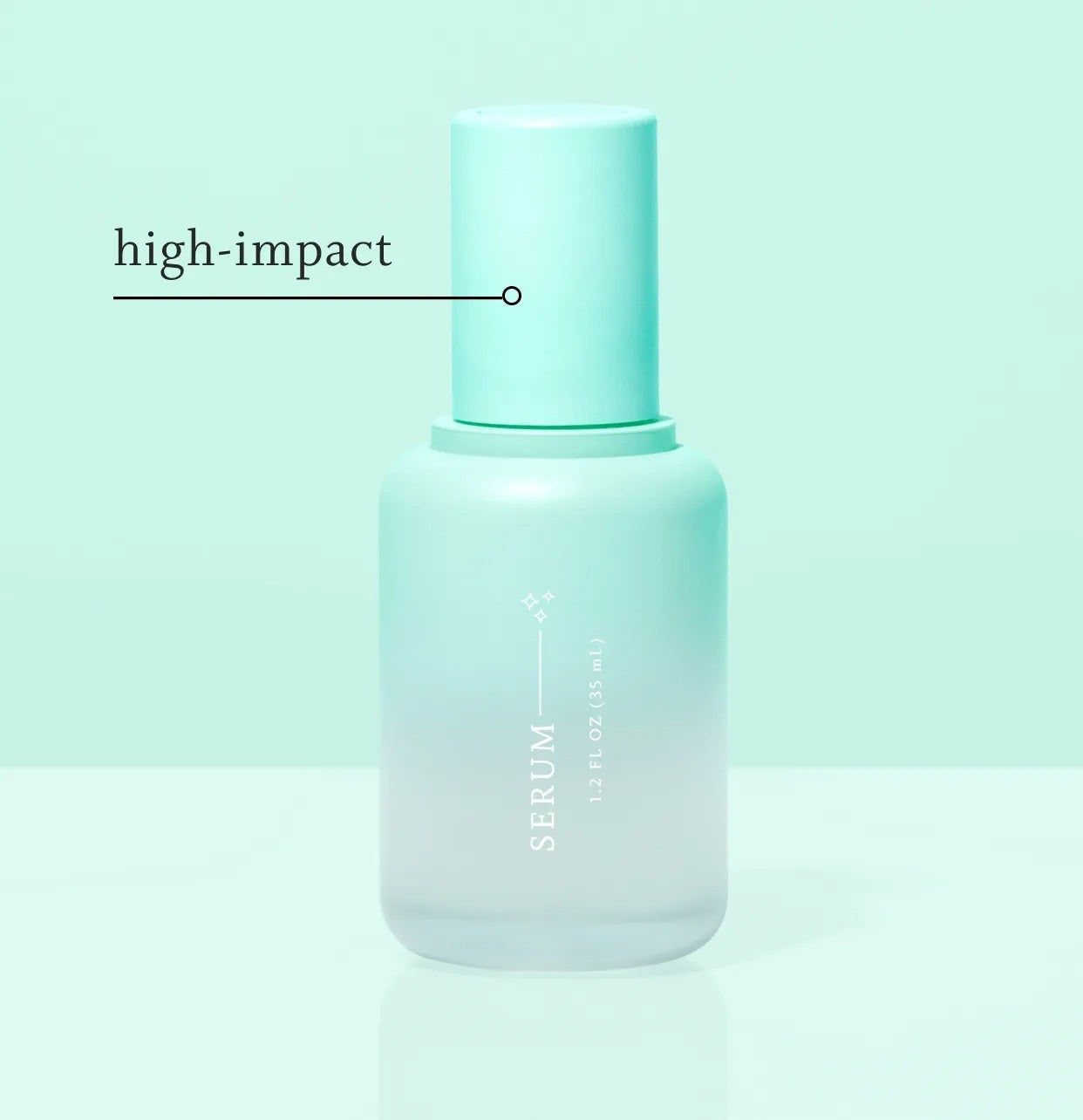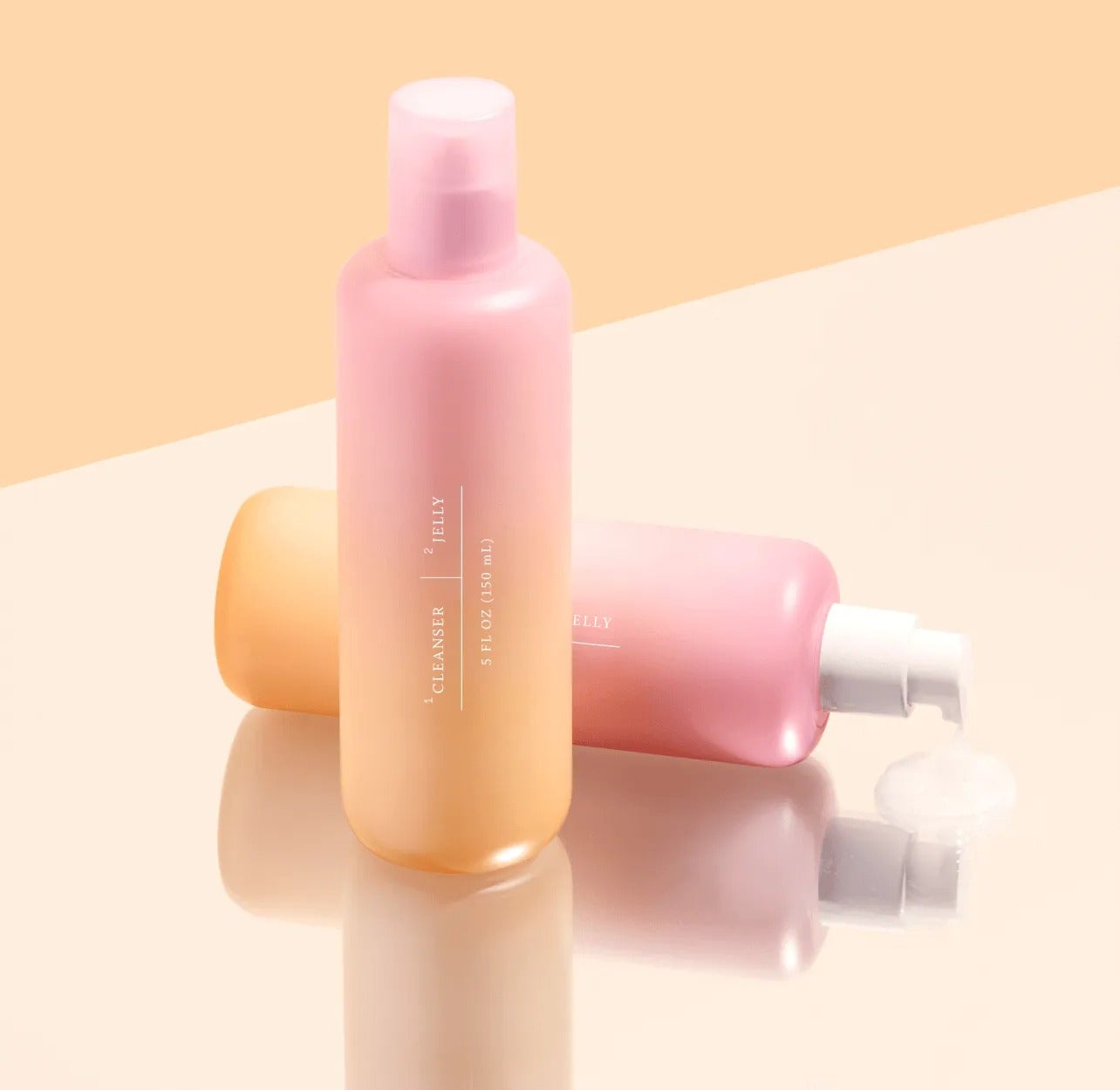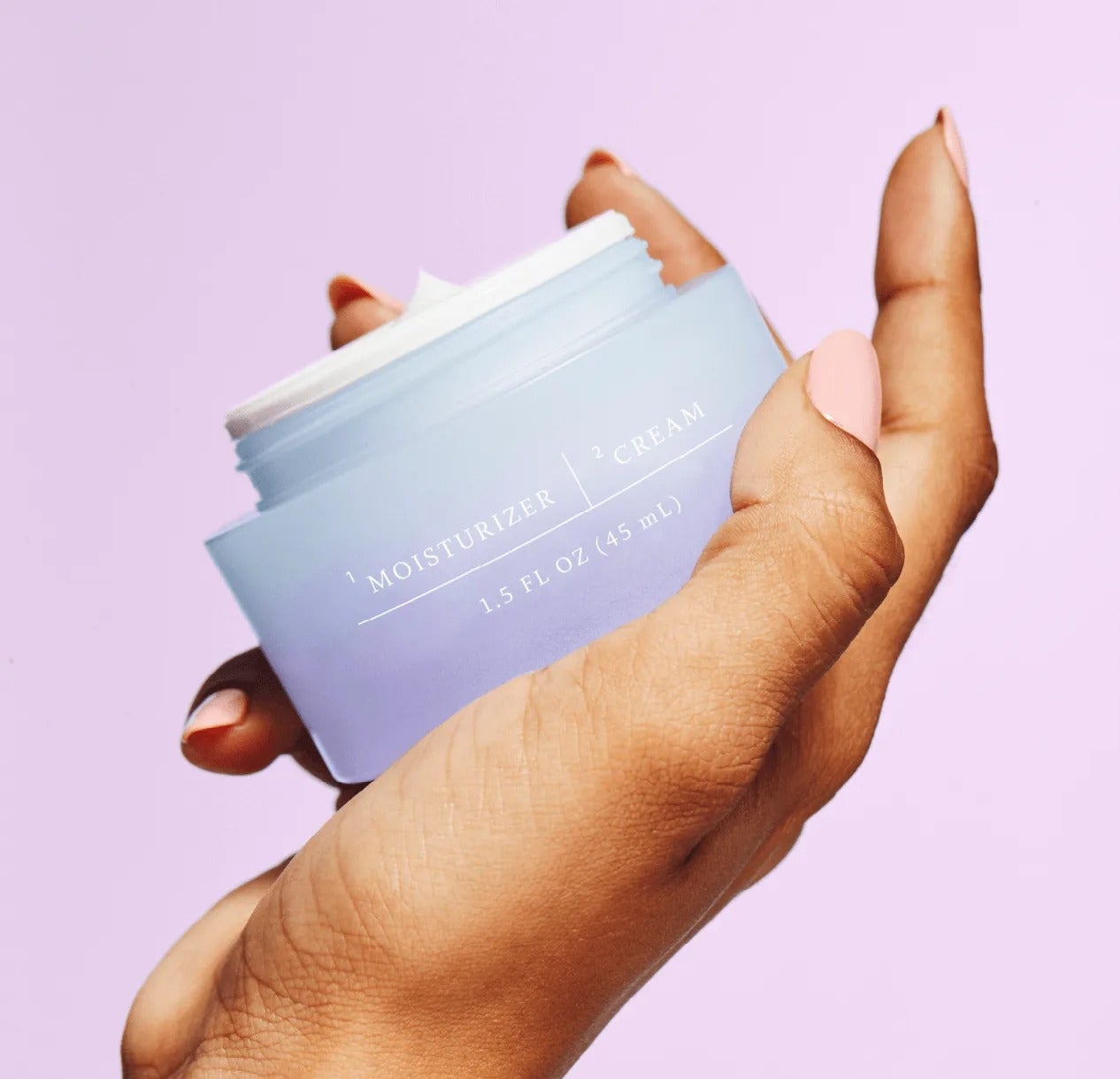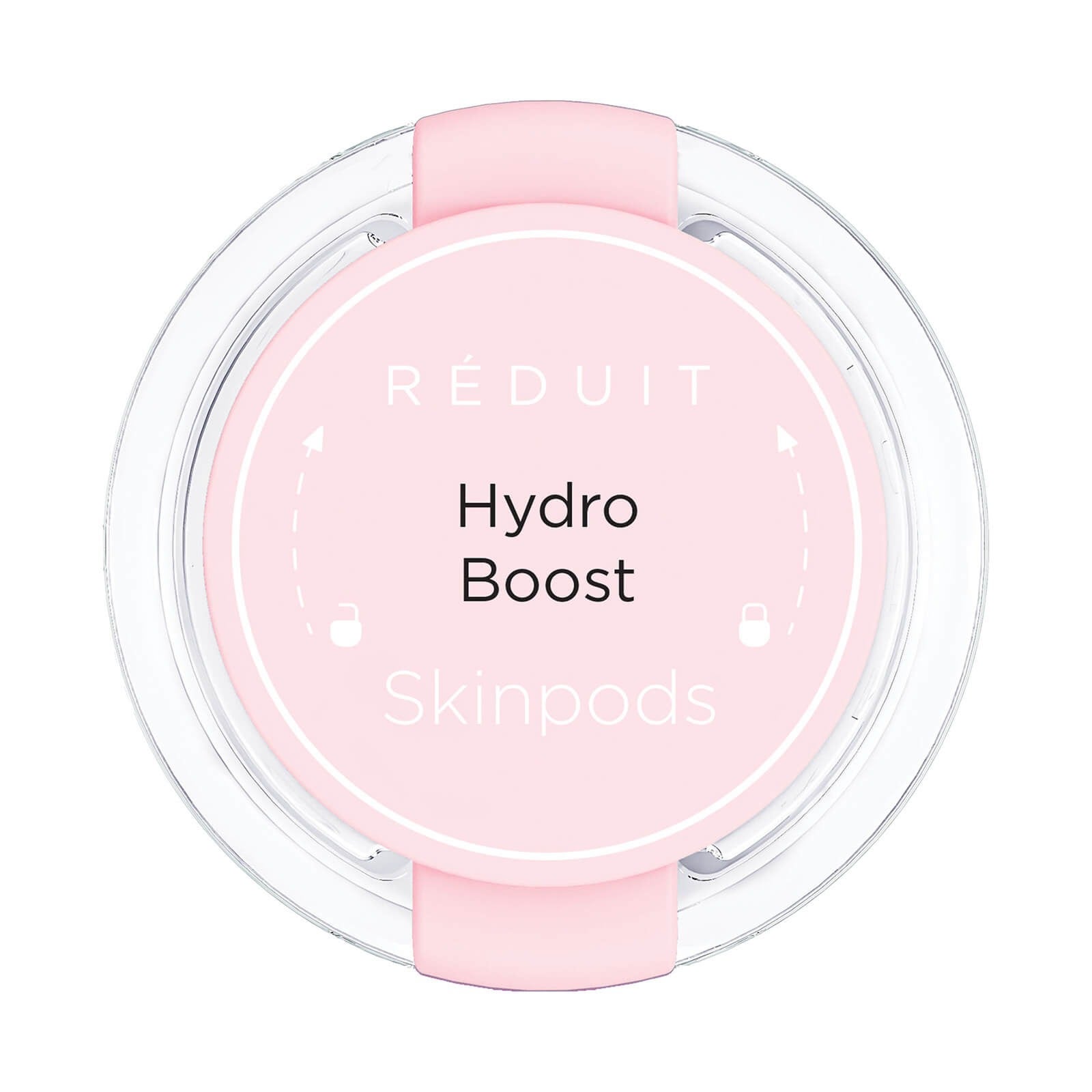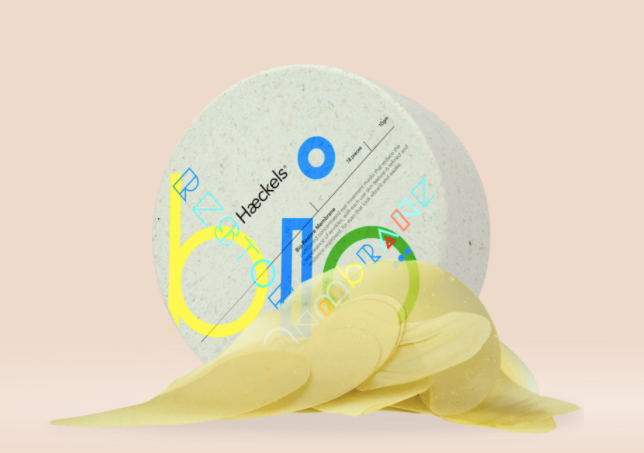The beauty industry has a lot to answer for. From excessive packaging, which contributes largely to landfill waste, to a focus on natural, organic ingredients which are potentially harmful to ecological communities, the burden on the environment can't be ignored. Yet, our beauty obsession, specifically skincare, shows no sign of slowing down.
In 2020, one thing in particular could be seen to exacerbate beauty's sustainability problem: The shelfie. Head to Instagram and you'd be hard pressed not to spot at least one snap of a cabinet filled to bursting with row upon row of apothecary-style dropper bottles and pretty pastel pots, all boasting delectable names and buzzy skincare ingredients. Nowadays, is your skincare routine even considered a routine if it doesn't contain a serum, toner, essence, exfoliator and at least two cleansers?
AdvertisementADVERTISEMENT
"As a practicing clinician as well as avid Instagram user, it never ceases to amaze me how popular shelfie culture is and how many products people are being told they need to layer into a morning and evening routine," agrees consultant dermatologist, Dr Anjali Mahto. But while collecting skincare in this way may seem frivolous and excessive, not all of us are buying mindlessly. "2020 has been a difficult year for so many of us," says Dr Mahto. "Among furlough, job losses, uncertainty and Covid-19, self-care has been extremely important and spending long periods of time on Zoom has heightened many people's awareness of their own skin. As a result, buying skincare has become a popular way of looking after oneself."
Lately, though, personalised skincare has grown in popularity among beauty lovers and skin experts who are dismissing beauty's one-size-fits-all approach, and are looking for products which are tailored specifically to their skin's needs. It makes sense to invest in targeted skincare which really makes a difference, especially as Coronavirus-induced stress and anxiety has worsened skin issues, with experts reporting that patients are experiencing everything from breakouts to eczema and increased sensitivity.
Alongside promises of great results, many of these brands have eco-friendly credentials at their heart. Not only are brands stepping up the science, but they are actively looking to benefit the environment, too. "Brands are experimenting with the traditional made-to-order system to bolster their sustainability credentials," says Livvy Houghton, creative researcher at strategic foresight consultancy, The Future Laboratory. "Though it started in couture fashion, it is now making its way through various lifestyle industries, for example beauty. It is no longer viewed as a luxury but more so as a custom solution."
AdvertisementADVERTISEMENT
Take Function of Beauty, which is one of the most Googled beauty brands at the moment. They serve up customisable hair, skin and body products specific to your needs. Just take the detailed quiz, and the website will match you with relevant beauty buys and reduce the amount of products you use on a daily basis. Sustainability is important to the brand, too. "As part of our mission to become more earth-friendly, we recently transitioned our boxes to 100% recyclable kraft packaging made with 30% post-consumer recycled materials [and] ensured our bottles and jars are all 100% recyclable," reads the brand's website. 100% post-consumer recycled hair and body care bottles are also in the works, while ingredients (100% vegan and cruelty-free) must pass EU safety standards. There is a big focus on sourcing ingredients ethically, too.
Then there's sustainable beauty brand, Haeckels. Under license, founder Dom Bridges, harvests antibacterial seaweed from Margate beaches to include in handmade skincare, from serums to moisturisers. Thought is given to outer packaging, which is grown from mushrooms, while bottles are derived of biodegradable algae, rather than plastic. Now, the brand has launched grown-to-order under-eye masks, made from 100% compostable seaweed and infused with skincare ingredients such as hydrating hyaluronic acid and aloe vera. Instead of producing them en masse, contributing further to beauty waste, the brand awaits orders from customers before sending them out.
AdvertisementADVERTISEMENT
"As an industry increasingly scrutinised for wasteful packaging and production methods, brands such as Haeckels are demonstrating the tenets of bio-positive beauty with its zero-waste eye masks," says Livvy. "The brand’s mission was to create skincare that honours the environment without compromising on effectiveness," which explains why they are so popular among skincare enthusiasts right now.
Pre-lockdown, Kiehl's' Apothecary Preparations offered a personalised skincare service exclusive to Harrods in London, where a skin expert analyses your complexion and prescribes a bespoke serum for your concerns. From a tech perspective, Livvy pinpoints beauty brand Réduit, now available at Lookfantastic. "This translates to reduced," says Livvy. "The brand has launched a new device for targeted skincare, aiming to deliver maximum results and minimum waste. The device diffuses product particles 50 times smaller than a regular spray to enhance coverage and reduce product waste."
While personalised and even grown-to-order skincare may be a step in a positive direction, it is not a magic solution to beauty's sustainability problem. Though many of us beauty lovers may not want to acknowledge it, the clearest answer to tackling the issue head on is to limit how many beauty products we purchase. "Fortunately, we are beginning to recognise the innately wasteful nature of a newness-centric lifestyle and are condensing our routines by reducing the number of products," says Livvy. This is something Dr Mahto seconds. "At at time where thinking about sustainability and preserving the environment is on everyone's minds, the most simple way to look after the planet is to buy less when it comes to skincare." She continues, "Every skincare product we own uses resources: extraction of raw ingredients, packaging, shipping and so on. There are implications at every part of the supply chain. Being smart with ingredient and product choices is not only better for our budgets, but better for the environment, too."
AdvertisementADVERTISEMENT
Not only is stripping back your skincare beneficial for the planet, it could even potentially be better for your skin. "Most practicing dermatologists will agree that using multiple products can lead to an increased risk of irritation or allergy to delicate facial skin," continues Dr Mahto. "It is unnecessary to layer multiple products, and there is also a risk of damaging or disrupting the skin barrier by constantly overloading the skin to active agents." Popular active ingredients include vitamin C, retinol and alpha and beta hydroxy acids (such as glycolic and salicylic acid), all of which have the potential to provoke skin and cause redness, flaking and other sensitivity issues when overused.
While it's easy to be swayed by pretty packaging and industry promises, deciphering your skin type and purchasing products specifically formulated to your skin's individual needs is a great place to start when it comes to limiting how much you buy. It might also be helpful to book a virtual skincare consultation with the many specialists who are now offering advice and product recommendations via Zoom or FaceTime. And finally, even making the smallest change to the way we consume skincare – whether that's questioning the eco credentials of your favourite companies, investing in brands with a transparent and ethical supply chain, or simplifying your skincare routine – can make a difference.
Refinery29's selection is purely editorial and independently chosen – we only feature items we love! As part of our business model we do work with affiliates; if you directly purchase something from a link on this article, we may earn a small amount of commission. Transparency is important to us at Refinery29, if you have any questions please reach out to us.
AdvertisementADVERTISEMENT







